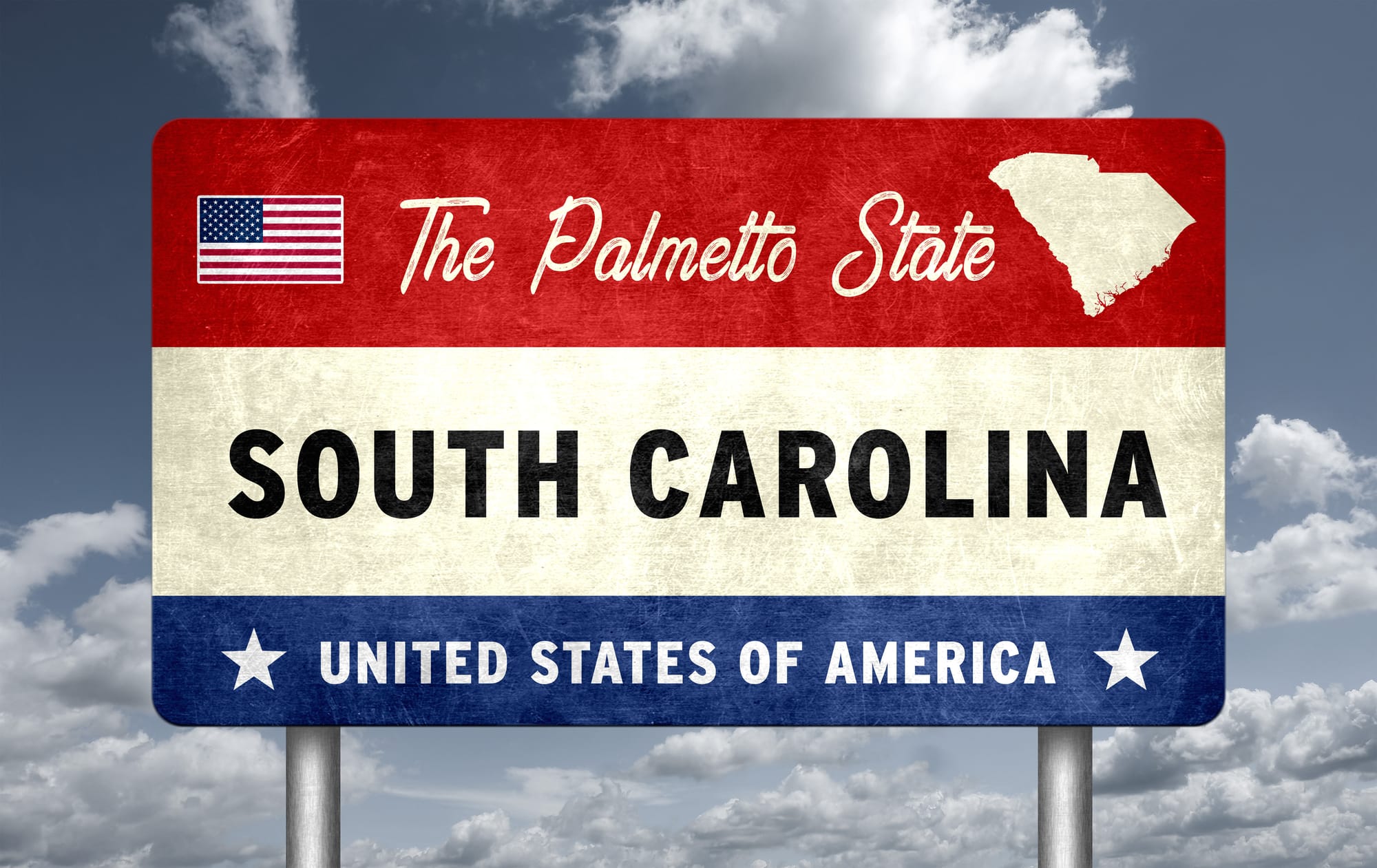Leadership
D.R. Horton’s Greenville Play Signals Private Builder Squeeze
The nation’s largest builder isn’t slowing tuck-in acquisitions. SK Builders’ exit reveals why privates face thinner "lower-for-longer" margins — or, perhaps, the exit door.

D.R. Horton isn’t letting a sluggish national sales backdrop slow its expansion moves. The nation’s largest homebuilder has acquired Greenville, S.C.–based SK Builders, underscoring how the big public players are pressing their advantage for deeper local scale in markets once considered “secondary.”
For Horton, tuck-in acquisitions are not just about incremental in-year closings volume — they’re about securing durable wedges of market share in growth corridors where private builders, often family-owned, are straining under capital constraints and succession challenges.
The Deal
Founded in 1994, under the leadership of Tim and Russell Kalliainen, SK Builders grew into the largest privately held homebuilder in Greenville and a top-five operator locally, with a top-ten footprint in Spartanburg. A made-in-heaven match for D.R. Horton, SK specializes in entry-level single-family homes — the deepest buyer pool in one of the nation’s fastest-growing housing markets.
The company brings more than 1,900 lots to the table, split between self-developed holdings and optioned takedowns. Ownership, in its second generation, sought an exit after an initial unsuccessful marketing effort. Whelan Advisory was engaged to run a full sell-side process, drawing competitive interest from publics, private equity, and Japanese capital. D.R. Horton structured the transaction as a purchase of homebuilding assets, while the sellers retained their land development business under a new brand.
The Strategic Meaning
Horton’s pounce for deeper local scale in Greenville is no accident. The region has emerged as one of the Southeast’s hottest housing markets:
- Economic strength: Major employers like Michelin, GE, Lockheed Martin, and Prisma Health anchor a diversified economy, with steady job creation.
- Population surge: Migration from pricier coastal metros has fueled growth, aided by Greenville’s high quality of life and vibrant downtown.
- Affordability: With lower costs of living and housing than Charlotte or Atlanta, Greenville provides an accessible entry point for buyers.
- Investor magnet: Surging activity above national averages signals confidence in residential and commercial real estate prospects.
For Horton — whose core competency is delivering entry-level and first-move-up homes at scale — SK Builders’ land, product mix, and community presence represent a plug-and-play match.
However, based on what we're hearing from an increasing number of private homebuilders in various markets, we must also consider what this deal reveals about the industry’s structural divide. Publics like Horton can turn slow cycles into opportunities, converting family-run regionals into divisions overnight. Privates, meanwhile, increasingly find that old growth formulas no longer pencil.
As Scott Cox noted in his September TBD column, “surviving off finished lots is essentially a thing of the past.” The models that once fueled private growth — rolling takedowns, modest land partnerships, or local capital pools — have broken down. Institutional money has proven problematic, with too many hands in the cookie jar, stretched timelines, and disappointing returns.
Cash recycling now starts in year four or five of a project, far too late to sustain growth. For many second-generation firms, the math simply doesn’t work anymore.
The Pattern
The Wolfe Research September Private Homebuilder Survey puts numbers to this squeeze:
- Net orders declined -6.5% month-over-month, slightly better than history but still negative.
- Gross margins slipped -140 bps MoM, with 71% of private builders reporting deterioration.
- Incentives held steady at 4.3% of sales, a persistent drain on profitability.
- Land costs show no relief: 100% of respondents said prices had not declined.
- 87% of private builders said their focus is volume over margin, underscoring the “pace vs. profit” bind.
Publics can withstand this environment; privates cannot.
The cost of buy-downs, incentives, and land all erode already-thin margins, leaving many operators stuck in a “lower-margin-for-longer” trap. Unless they can radically improve efficiency and operating leverage, the more predictable path forward is to sell.
Horton’s acquisition of SK is the latest in its long series of bolt-ons. It’s a disciplined playbook: buy strong locals in hot markets, fold their teams and lots into the Horton machine, and convert what was once a competitive rival into an accretive division. For Greenville, that means one fewer private in the competitive mix — and Horton with a firmer grip on the market’s future.
The Takeaway
The Horton–SK deal signals more than just market entry. It’s a declaration that the imbalance between public and private builders is structural, not cyclical.
- Publics command scale, patient capital, and land banking leverage. They can buy share in any market they target.
- Privates are stuck with thinner margins, costlier capital, and fragile growth formulas. Without reinventing their models, many will view M&A not as defeat, but as the logical endgame.
For Greenville, the story is straightforward: Horton just planted a flag in one of the Southeast’s fastest-growing metros. For the rest of the industry, the story is sobering: unless private builders can crack the code on efficiency and margin recovery, more exits like SK are inevitable.
As Cox cautions,
It is better to work with what is currently possible than to pine for the past.”
What’s possible today is consolidation — and Horton is proving, deal by deal, that it intends to lead it.
MORE IN Leadership
Insurance Costs Now Define Housing’s Affordability Equation
Insurance premiums have soared nearly 70% in five years, now consuming almost one in ten housing dollars. Homebuilders who plan for insurability early protect both margins and buyer trust.
Homebuilding’s Hardest Test: Change As Core Competency
Residential development leaders are being forced to lead across timelines. Resilience means solving today’s air pockets with tomorrow’s customers in mind.
When Unknowns Define The Future of Homebuilding Strategy
Uncertainty is the only constant: from Fed moves and mortgage lock-in to tariffs, labor shortages, and policy risks. Moody’s economist Cristian deRitis and the Focus On Excellence summit in Denver will arm builders with frameworks to plan, act, and lead through turbulence.
